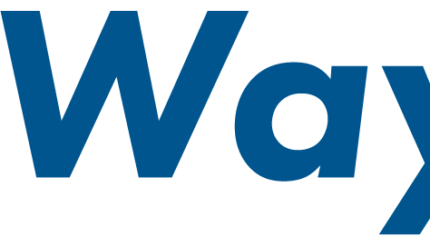I often get asked if what I do is “like consulting”. In fact there are some social media networks out there that force me to classify myself as such. Which is odd, given that the heads of some of those same networks have a coaches themselves: https://youtu.be/dC-0fbHwt6s
In short, I’m not a consultant, but with so many types of similar sounding services being used it’s easy to get confused. How is a business coach different to a consultant, to a mentor, or a trainer?
They all have something in common, namely they are ancillary services to a business or person that help accelerate positive changes that might not have been possible without external assistance. However, here are the main differences:
Business Consultant:
This is a person or company that is employed to give answers. Typically hired to work on a specific project that will ultimately tell a business owner what they should do. Examples would include helping to restructure, source new suppliers, or maybe even identify where a company is falling short. In essence they provide an answer, get paid and then leave.
Mentor:
Mostly on a one-to-one basis mentoring focusses on the Mentor giving advice and guidance on the Mentee’s specific business challenges. Typically the Mentor would be imparting their knowledge and experience and would often be from the same industry, or would have experience of the issues that the Mentee needs to focus on.
Trainer:
Training is a way to learn something new, be that knowledge, skills or a change in behaviour. Often delivered in a classroom style setup, the content is largely pre-defined a linear in how it is taught. More traditional in its construction, trainees are often told what they need to learn, taught, and then sometimes tested afterwards. Some feel it’s rigid and inflexible, but is often perceived to be the best way to develop a number of people in a consistent way at scale.
Business Coaching:
Coaching is centred around helping the business owner identify what needs attention, and how to tackle and address these areas of focus.
This will be a collaborative approach whereby the coach will, through the application of specific and detailed questioning, help the business owner identify new routes forward or other ways of looking at an issue. Unlike a consultant, a coach will not provide the answers, but will help the client unlock their potential. Think of a personal instructor in at the gym. They don’t lift the weights; their client does. But they coach technique and approach in a way that’s going to make a difference.
A person being coached is responsible for their own application of the strategies they and their coach identify. A fundamental part of a coach’s role is to hold their client to account. When you’re the boss it’s easy to not do something. A good coach will always make sure their client does what they say they will. It can be tough being coached – do you think every training session an elite athlete has is a walk in the park? However, having help in doing what you say you’re going to do ultimately leads to better results in less time.
By helping the business owner be more in control, and having them define their goals and milestones along the way, business coaching is a very rewarding experience – both from a business and personal perspective.
In summary:
- Being coached helps you identify your goals, ambitions, and what needs attention in order for them to be achieved.
- Having access to a proven coaching system is much more likely to get results.
- Coaching develops the person and business over time.
- Coaching is an on-going process and isn’t necessarily a quick fix.
- Accountability is key. Having a business coach will increase the likelihood of a you doing what you say you are going to do.
If you’d like to find out more about what having a business coach could do for you and your business please message me.
![]()





